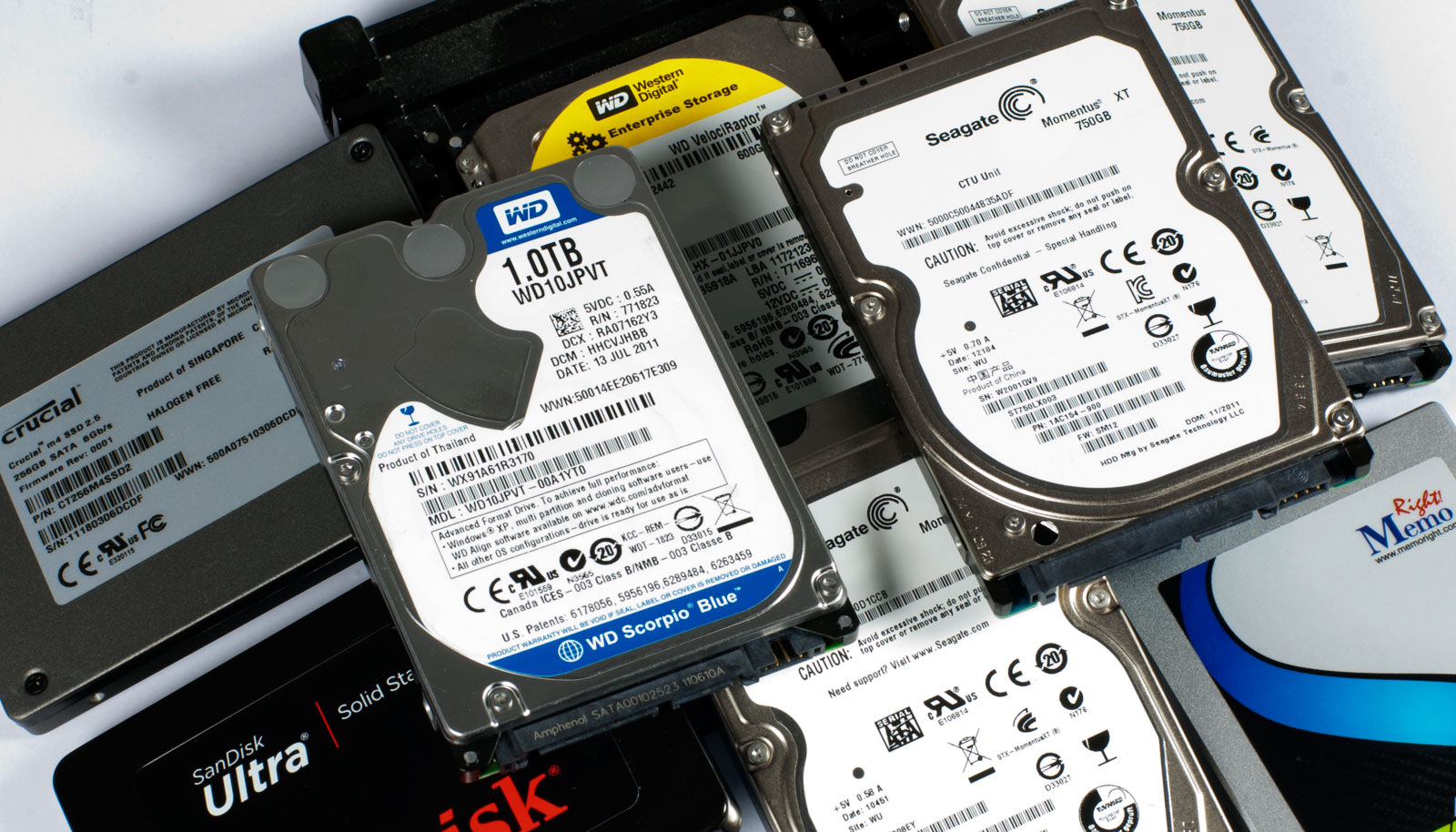Momentus XT 750 GB Review: A Second-Gen Hybrid Hard Drive
When a little bit of flash memory is good, more must be better, right? Seagate's second-generation Momentus XT hybrid hard drive is out to compete with SSDs, even as it delivers capacities typical of laptop-oriented 2.5" mobile disks.
Seagate's Momentus XT Picks Up FAST Technology
From this point on, when you see the word FAST, know that we're talking about an acronym for Seagate's Flash-Assisted Storage Technology. No doubt, the decision to use FAST came from someone in technical marketing to describe certain characteristics of the company's latest-generation Momentus XT hybrid hard drive.
Buzzwords, acronyms, and marketing aside, it's pretty clear what we're talking about here today: a hard drive that employs flash memory to help augment a mechanical disk's performance without the capacity compromise or premium price tag commonly associated with SSDs.
It's important to get that definition right. After all, even the word hybrid means so many things today, though they all typically incorporate the amalgamation of two unique elements. In the automotive world, a hybrid car employs an electric motor to offload work from the familiar combustion engine. A hybrid tablet empowers a conventionally touch-oriented device with keyboard support, creating something more akin to a notebook.
In both cases, one technology remains dominant, complemented by the inclusion of the other. In the context of Seagate's Momentus XT, we're dealing with more of a hard drive than an SSD. But how does the company decide which storage medium to use, and when?
Second-Generation Hybrid Technology
The first-generation Momentus XT boasted 500 GB of capacity and 4 GB of flash memory, which the drive used to store frequently-accessed information, referred to as hot data. Today's 750 GB model doesn't deviate from that concept. However, it does incorporate more flash, which is also higher-performance. Seagate employs smarter firmware, increases interface performance by adopting SATA 6 Gb/s, and enables Native Command Queuing (NCQ).
That's all familiar territory for us, and we have no problem isolating the benefits of each evolutionary tweak. But then the company factors in benefits tied to its FAST buzzword, and we're forced to explain in more depth before tackling the benchmarks.
Get Tom's Hardware's best news and in-depth reviews, straight to your inbox.
According to Seagate, FAST plays a role in speeding up the boot process by as much as 3x compared to a 5400 RPM hard drive. FAST is also used to describe the improved interaction between magnetic storage, NAND flash, and the firmware. The suggestion is that data handling between the various components of previous hybrid drives varied by operating environment. Now, Seagate is claiming to offer the same experience regardless of OS or storage driver. Of course, that means the Momentus XT combines the complexities of a hard drive with the heavy dependence on firmware of an SSD. Caching, wear leveling, and performance monitoring, all have to be balanced precisely in order for this to work.
Does it? Well, that's what we're here to explore.
Current page: Seagate's Momentus XT Picks Up FAST Technology
Next Page Momentus XT (ST750LX003) In Detail